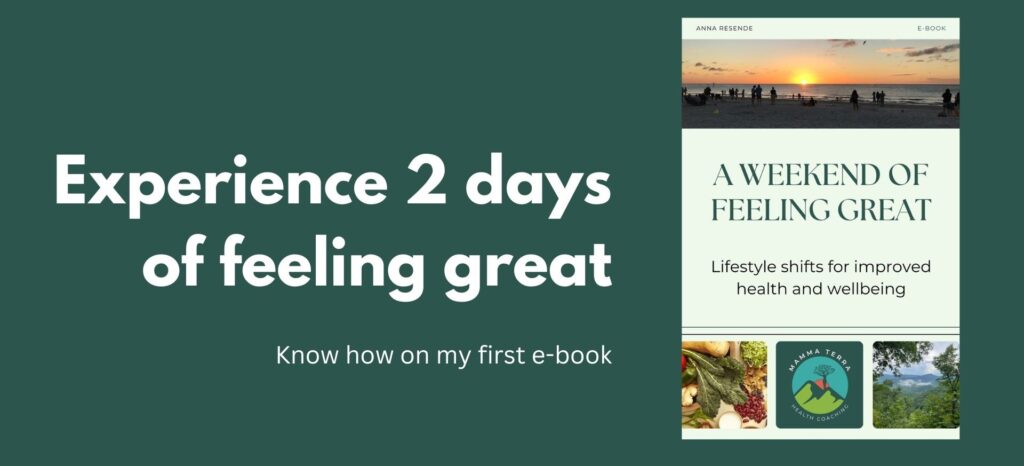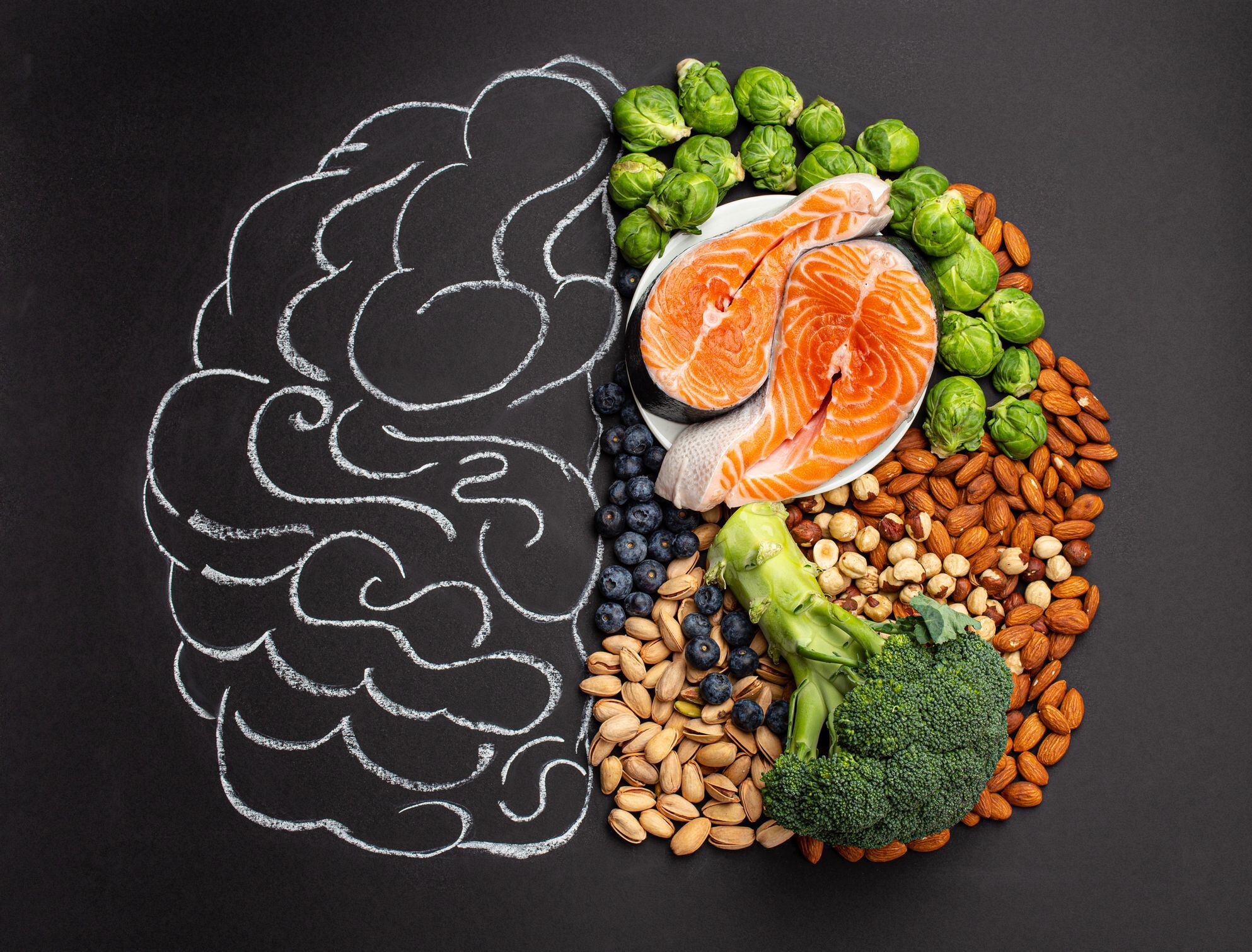Alcohol Origins
Like most drugs in existence, alcohol was first used as medicine. While no one knows exactly when it was first produced, its presence dates back around 10,000 years. Not different from most ancient discoveries, alcohol was presumably the result of a fortuitous accident. Known still today as a potent antiseptic and, in higher doses, anesthetic, it was its combination with natural botanicals that created effective medicine back then. Nowadays, however, alcohol is considered a brain drain.
Cheers!
The ancient medicinal use of alcohol is the origin of the most famous toast, “Let’s drink to health”, which exists in many languages around the world. That is the main one used in Brazil still to date -“Saúde”, health in Portuguese. For sale in China even today, alcohol-based herbal remedies are thought to warm and revitalize your blood. Ancient Egyptians viewed alcohol as medicine as well and many of them considered wine a potion of rejuvenation. The affection for alcohol was also sparked by certain religious beliefs within the culture. Osiris, the ancient Egyptian god of life and death, was also the god of wine.
History & Culture
The reality is that alcohol is embedded deeply into the history and culture of all civilizations. From ancient China’s rice wine to classic Greek beer not to mention the Roman Empire’s wines, middle-age was sprinkled with alcohol. Brewing was even considered a sacred practice for monasteries throughout Europe. Between 1000 and 1500 AC, it was reported that the average adult in England consumed about a gallon of beer a day, partially because it was often safer to drink beer than water.
Modern Times
Now that potable water is no longer a public health issue (at least in most parts of the world), alcohol is still glamorized. After all the years of being considered healthy, it was transformed into a social celebration. That has kept the consumption of alcoholic beverages a social pattern for ages. The reasons for consuming booze have evolved over time but for the past two centuries, it has remained the same. People turn to substances to cope with their feelings and emotions.
One Love
I was deeply touched by Bob Marley‘s biographic movie One Love. His story is no different from other famous musicians’ biographies – Elton John, Fred Mercury, and Elvis Presley, to name a few. The common thread in all those stories is a human being suffering from trauma with no support or healthy coping skills. It’s funny how even to cope with good feelings we, as a society, reach to substances. Like a classic scene in 70’s and 80’s movies where after making love the couple would light a cigarette. And we keep raising toasts to celebrate people’s weddings, birthdays, and life’s achievements while all we need is love and acceptance.
It’s Hard Indeed
It’s not easy to deal with feelings and emotions. Trauma, anxiety, and the current stress levels in our modern society do not help. Feeling overwhelmed all the time creates an unhealthy environment that for some may lead to coping with substances. But, despite being socially normalized and sometimes acclaimed, the potential consequences of drinking booze and using drugs far outweigh the immediate relief and relaxation they bring. One of the most common misconceptions people have is that the damage from alcohol only affects those who drink heavily.
How Much is Too Much
Two terms are often used to describe the way most Americans consume alcohol: binge drinking—5 drinks for men and 4 for women on the same day, at least once a month—and heavy drinking, which is binge drinking 5 or more days in a month. No question that binge drinkers and those who meet the criteria for alcohol use disorder (AKA alcoholics) have a higher risk of health consequences. However, the newest published research states that moderate alcohol use is associated with neuronal changes suggesting health risks that should not be overlooked.
The Root Cause
Although socially considered a way to relax and unwind from a busy day, substance use is a coping mechanism. The root cause of choosing substances to cope comes from the lack of healthy coping skills or even from the lack of realization that it is being used to cope. An old history of trauma, a stressful environment, or a mental health condition like depression, anxiety, post-traumatic stress disorder, or attention deficit disorder may be triggering undesired emotions or an uneasy feeling that you might not be aware of and (or) have a hard time dealing with.
How It Starts
We live in a culture that, unfortunately, does not value the manifestation of emotions. It’s common to feel uncomfortable when seeing somebody crying. Kids, especially boys, learn at a very young age that crying is not a good thing. However, nobody teaches us how to express our sadness, disappointments, or frustrations in any other way. The general lack of coping skills makes it easier for people to reach for a drink, a cigarette, or a joint instead of sitting with the feeling or even looking for a friend.
The Problem
Reaching for whatever substance is available will make that feeling go away but, in doing so we are numbing the feeling. Without understanding its cause, every time a trigger brings that feeling back, we’ll reach for the same coping mechanism. That is how our brains work, it creates neuropathways for similar patterns – that is, by the way, how we learn everything. By reinforcing those pathways of negative behaviors, we’re holding the door wide open for addiction. Much easier and healthier to cry.
Dealing with Emotions
Crying is a built-in physiological coping mechanism for dealing with emotional distress, grief, or overwhelming situations. When we cry, our bodies release stress hormones and endorphins, which can help reduce tension and provide a sense of relief. Crying also serves as a form of emotional expression, allowing us to communicate our feelings and process intense emotions. Like Dr. Elen Vora usually says “We should treat emotions like waves, allow them to come, pick and go”.
Feel it to Free it
Like Zack Bodenweber beautifully says in his book Notes on Awakening – “Any uncomfortable emotion is an unintegrated energetic charge begging to be released. (…) They live within us as felt memories (…) If we trace this feeling back, we get to the original wound. The initial hurt we have not processed. The original harm we have not healed. (…) Whenever you’re experiencing an uncomfortable emotion, do not suppress, deny, numb, or resist it. (…) Feel it fully. (…) Feel it release and move through you. Feel it to free it.”
Learn to Say No
Once you learn to acknowledge and honor your feelings and emotions, it’s important to learn how to say no to alcohol. Peer pressure occurs in all ages, believe me! As a nondrinker for life, I still have to make my point to other people. In an article on his blog, Dr. Daniel Amen gives some good insights on the subject. When “No, thank you” isn’t enough try something like: “I love my brain and want to keep it healthy”, “I prefer to save my calories for food”, “I want to be fully present and take everything in”, “I’m driving”, “I love that I wake up feeling refreshed every day.”
A Public Health Issue
According to the 2022 United States National Survey on Drug Use and Health (NSDUH), 46.8 million (16.7%) Americans (aged 12 and older) battled a substance use disorder in the past year – it has become a public health issue. Although there is treatment and those conditions are reversible, the best approach is always prevention. And, like all other chronic diseases, education is the first step for prevention. While it is common for adults to overindulge in alcohol for several reasons, learning the potential health impacts of it raises awareness.
Brain Chemistry and Function
The first relevant information is that even people who don’t binge or heavy drink, are jeopardizing their health by doing booze. Alcohol likewise marijuana alters the delicate balance of neurotransmitters in the brain, affecting mood, cognition, and behavior. They act on the brain’s reward system, flooding it with dopamine and producing short-term feelings of pleasure and euphoria. Over time, repeated substance use can lead to tolerance, dependence, and addiction, hijacking the brain’s natural reward pathways and making it increasingly difficult to control substance use.
Losing Control
Drinking interferes with the activity of the prefrontal cortex, which is called the executive center of the brain – where impulses are managed, judgment calls are made, and forethought and insights happen. When this region is impaired it’s easy to say or do things that you’ll later regret. It might seem liberating at the moment, but the consequences can be very well the opposite of liberating. I’ve always opted to stay very present at the moment, enjoying and remembering every little detail. Not needing alcohol to feel happy always felt very freeing for me.
High Emotions
Whether you’re happy, sad, or angry you’ll feel things more strongly with a few drinks than sober. When you lose track of consequences, you may be likely to drink even more, which creates a vicious (and dangerous) cycle. Drinking and drugs can also impair memory. Many people have experienced the phenomenon of blackouts, where events of the evening are entirely obscured from the memory. That’s because alcohol affects the hippocampus, the part of the brain that is involved in the formation of memories.
Liver Diseases
As the main detoxification organ in the body, it’s not surprising that drinking can lead to numerous problems for this vital organ. After all, alcohol is a toxin. So, besides taking care of metabolic toxins, the liver is the only one capable of breaking down alcohol. In this process, harmful substances are created as by-products that damage liver cells. This in turn can lead to fatty liver disease, hepatitis, cirrhosis, and even liver failure and death. Considered a priority for the liver, the organ overload caused by alcohol leads to other toxins’ accumulation in the body potentially leading to other diseases, cancer included.
Alcohol & Libido
Because alcohol lowers inhibitions, some people believe it gives them a stronger libido. In reality, the combination of alcohol and sex creates a danger zone. Because your judgment isn’t operating at its peak, you’re more likely to choose a partner without thinking it through. I don’t think it’s funny to wake up in bed next to a stranger whose name you don’t remember and whose face you’re afraid to see. Not to mention the increased risk of sexual assault or unwanted outcomes like pregnancy and STDs.
Weight Gain
Once you drink, your body has to get rid of alcohol -because again, it is a toxin! and the body can’t store it. Therefore, instead of burning fat, the body uses it for energy. Alcohol also suppresses the hormone leptin, which normally regulates hunger. Reduced self-control around food after a few drinks is an easy recipe for gaining weight. Of course, there is a multitude of other factors in this equation but, a beer belly is very common, and most men proudly show it off.
Other Brain Effects
Although making you feel good at the moment, alcohol is a depressant, meaning that it slows down activity in the brain. It fosters the relaxed, more carefree response you might get with that first drink but, it magnifies symptoms of depression shortly after. People battling the condition most likely will feel sadder or more hopeless raising the risk of suicide. The damage from drinking over time can become very serious leading to a condition called alcohol-related brain damage, the symptoms of which resemble Alzheimer’s disease.
Social and Legal Outcomes
In addition to the physical and mental health consequences, alcohol and drugs can have significant social and legal ramifications. Substance abuse can strain relationships with family and friends, disrupt academic and professional aspirations, and lead to financial instability. Moreover, driving under the influence can result in accidents and bad legal outcomes, including fines, license suspension, and even incarceration.
While alcohol and drugs may offer temporary relief or pleasure, long-term consequences far outweigh any perceived short-term benefits. From altering brain chemistry and cognitive function to jeopardizing physical health and social well-being, the effects of alcohol and drugs impact virtually every organ system in the body. It’s important to know the risks associated with its use and prioritize prevention. It’s always better not to enter the sad statistics. So, learn how to feel your feelings, how to process your emotions, and also how to stand up for your health. Your future self will thank you.
After all, Good is what makes you feel well!
Anna.

Anna Resende
Integrative Nutrition Health Coach
Certified by IIN - Institute for Integrative Nutrition
Every week I send out my newsletter called Mamma’s Tips where I share health and wellness topics, good books, recipes, and more.
Click below to subscribe!
I’m excited to share that I just published my first e-book
A Weekend of Feeling Great!

In this book, you’ll find all the steps you can take to feel great. Besides all the foundational principles of multidimensional health, it has a sample of a productive daily routine and a two-day menu with 10 healthy recipes for you to try.




